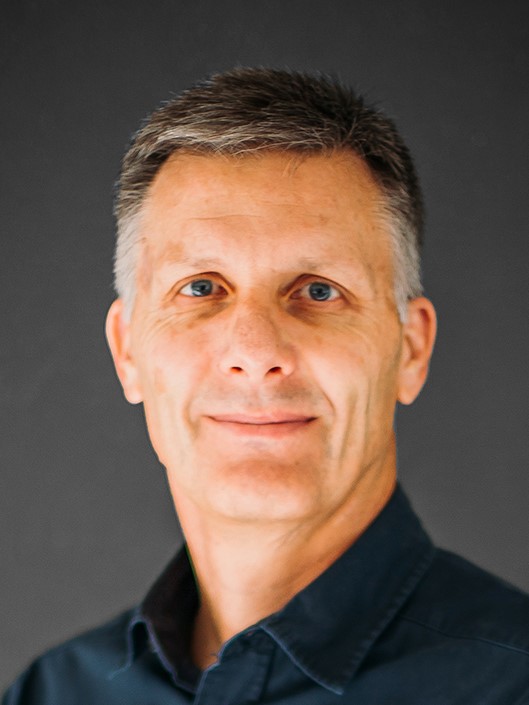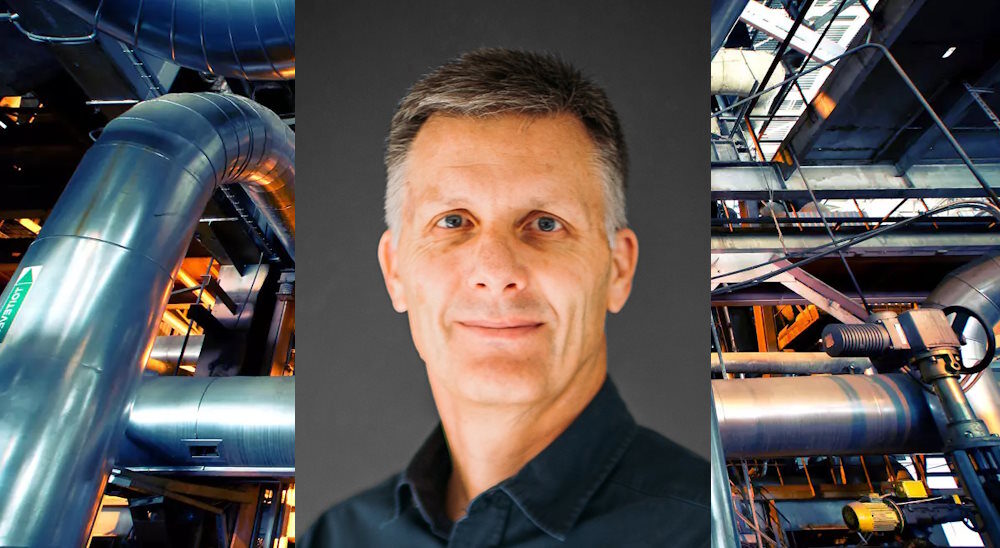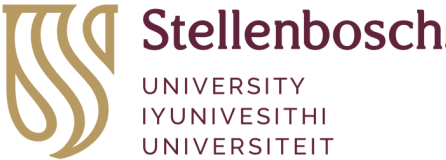Voigt Chair in Thermofluid Systems Modelling is one of three research Chairs currently in the Mechanical and Mechatronic Engineering department.
The Voigt research Chair was established within the Faculty of Engineering at Stellenbosch University in 2019 via funding bequeathed by the late Mr EEF Voigt. The Chair rotates between departments on a five-year term basis. During the first round (2019-2023) it was hosted by the Department of Industrial Engineering as the Voigt Chair in Data Science, which was held by Prof Andries Engelbrecht. Since the start of 2024 the Chair is hosted within the Department of Mechanical and Mechatronic Engineering as the Voigt Chair in Thermofluid Systems Modelling, held by Prof Pieter Rousseau.
 Prof Rousseau has been an academic for more than 35 years, while simultaneously being active as an entrepreneur in industry. Previously he held professorships at the University of Pretoria (UP), North‑West University (NWU) in Potchefstroom, and the University of Cape Town (UCT). At NWU he also held the NRF SARChI Research Chair in Nuclear Engineering and served as Head of Department and Deputy Dean of Research, while at UCT he also served as Deputy Head of the Department of Mechanical Engineering.He has published more than 160 papers in scientific journals and conference proceedings and co-authored two chapters in textbooks, namely on heat pump system design and optimisation, and on CFD and systems thermal hydraulic analysis of high temperature nuclear reactors. He has served as study leader for more than 70 postgraduate students.
Prof Rousseau has been an academic for more than 35 years, while simultaneously being active as an entrepreneur in industry. Previously he held professorships at the University of Pretoria (UP), North‑West University (NWU) in Potchefstroom, and the University of Cape Town (UCT). At NWU he also held the NRF SARChI Research Chair in Nuclear Engineering and served as Head of Department and Deputy Dean of Research, while at UCT he also served as Deputy Head of the Department of Mechanical Engineering.He has published more than 160 papers in scientific journals and conference proceedings and co-authored two chapters in textbooks, namely on heat pump system design and optimisation, and on CFD and systems thermal hydraulic analysis of high temperature nuclear reactors. He has served as study leader for more than 70 postgraduate students.
He is a co‑founder of the engineering firm M‑Tech Industrial and still serves on its Board of Directors. His interest in business also led him to graduate from the Owner/President Management (OPM) executive education program at Harvard Business School. Innovations that emanated from research done together with his colleagues include: the Flownex Simulation Environment software suite, which is now widely used in South Africa and licenced to many top engineering companies in the USA, Europe and Asia; a range of water heating heat pumps, of which several megawatts of capacity are installed in South African residential and commercial buildings, including well-known hotel and hospital groups; a novel Air Cooling Unit for deep mine underground cooling, which is now used extensively in mines operated by South Africa’s major mining houses. Prof Rousseau also headed the team that developed and operated large test facilities that formed part of the Pebble Bed Modular Reactor (PBMR) development project, and collaborated with the Korean Atomic Energy Research Institute on the modelling of gas‑cooled nuclear reactors.
Modelling of thermofluid systems remains key to realise new innovations and improvements in renewable and cleaner power generation cycles, as well as condition monitoring and more accurate diagnostics of human heart diseases. The state-of-the-art approach to modelling of thermofluid systems combines one-dimensional thermofluid networks, Computational Fluid Dynamics (CFD), and machine learning techniques,toevaluate novel technologies, improve the efficiency and control of processes, and detect anomalies for diagnostic purposes. The projects currently undertaken as part of the Chair activities include the modellingof supercritical Carbon Dioxide (sCO2) compressors, turbines and integrated power cycles, gas turbinesengines employing alternative low‑carbon fuels, solar thermal power cycles, heat pumps, and even the human cardiovascular system.






